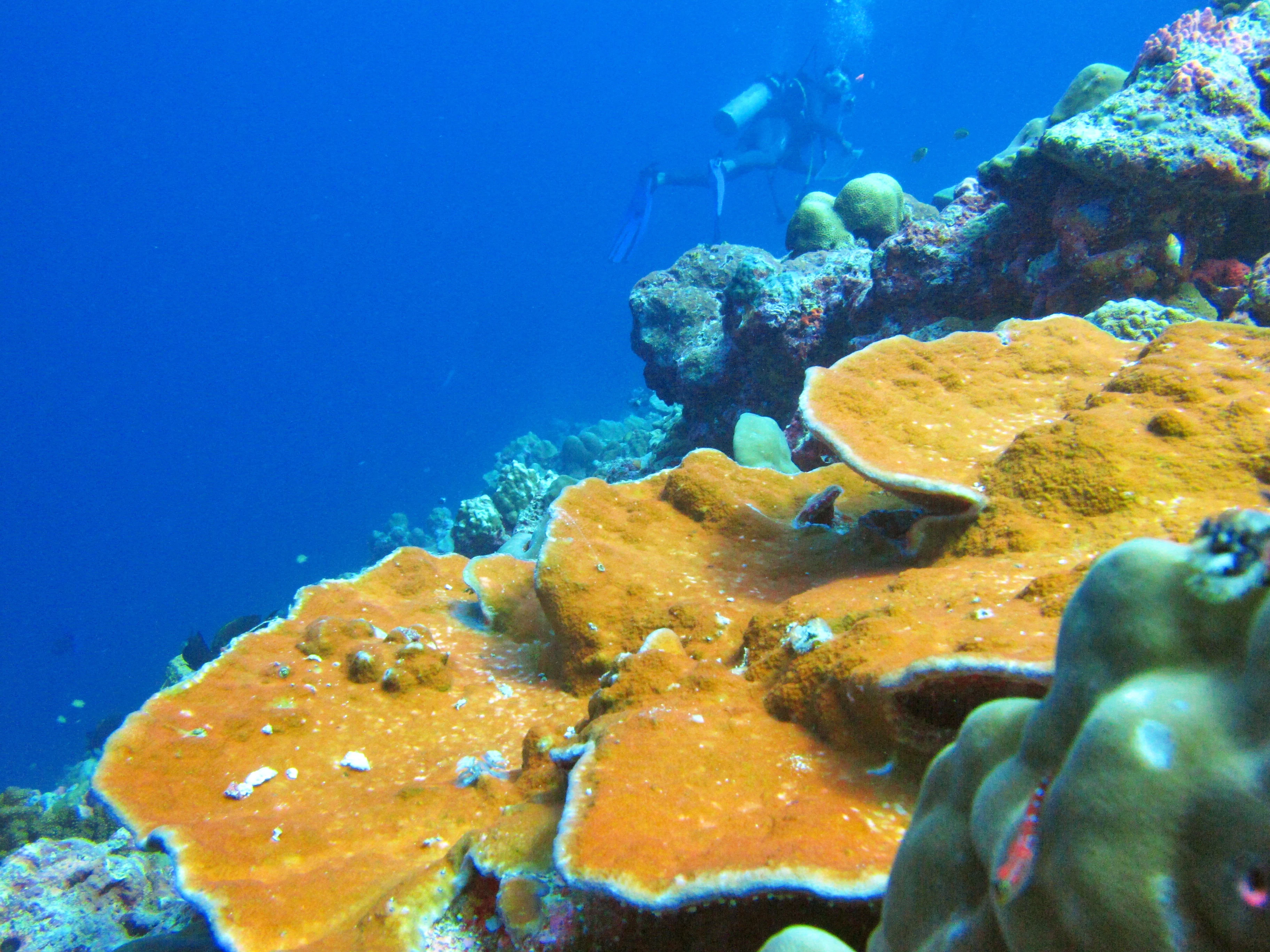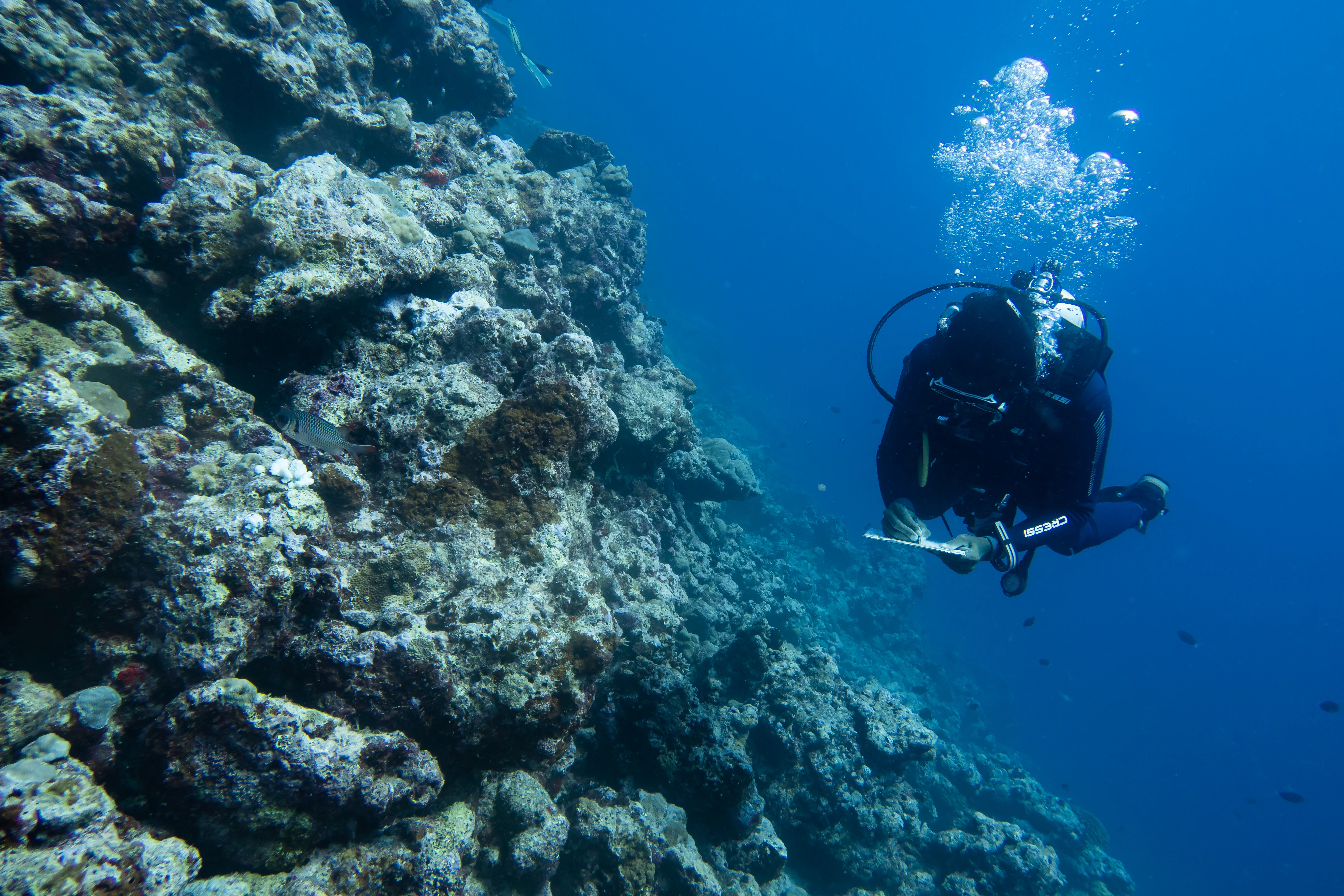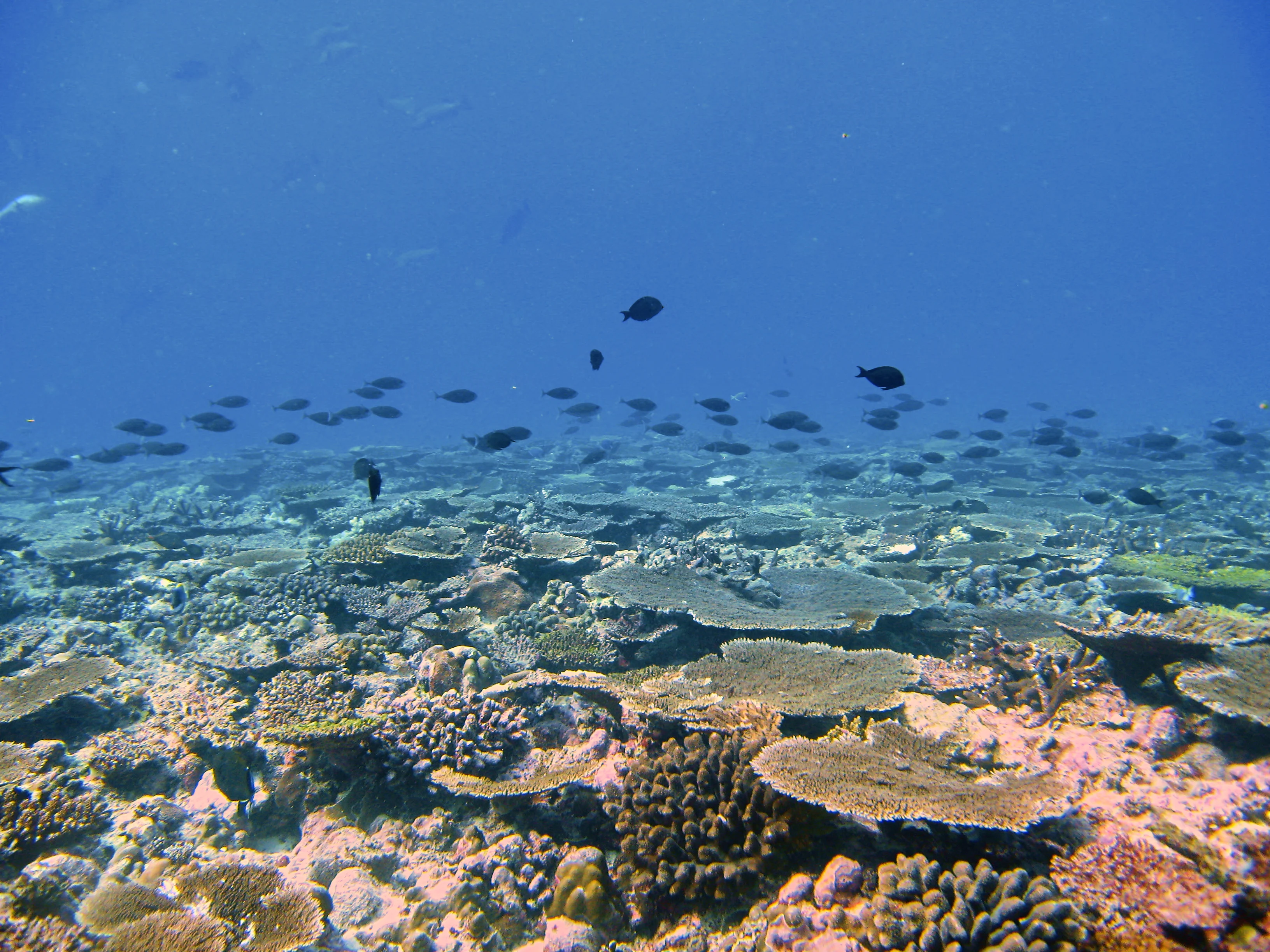Oceans and Coasts
We work in India’s oceanic islands and coasts to understand and support the resilience of coastal and marine ecosystems. Recognising the richness of nearshore ecosystems and their vital importance to coastal societies, we are dedicated to tracking how they respond to climate change and anthropogenic disturbances.
Climate Change and Ecosystem Research
Our work in Lakshadweep’s coral reefs began in 1998 and has witnessed four devastating mass bleaching events. Our work here and in the seagrass meadows of the Andaman Island looks at the impact of disturbance and recovery of the ecosystem.
SEAGRASS ECOLOGY AND LARGE MARINE FAUNA
Seagrass meadows through covering less than 0.2% of oceans provide vital ecosystem services like storing carbon, protecting coastlines and biodiversity. Here, we take a closer look at this ecosystem and its ability to sustain large fauna.
Fisheries and policy research
Fishing in India is governed by various local regulation and cultural practices, leading to uneven extraction. This section looks at the fisheries industry, analysing its impact on fish communities to find ways to manage it better.
ATOLL HABITABILITY AND WELLBEING
Land integrity, freshwater, economic diversity, infrastructure, and food are key to life on low-lying islands. Given their vulnerabilities, we examine how human agency impacts wellbeing and can either exacerbates or mitigate climate risks
ENGAGING WITH LOCAL COMMUNITIES
Island communities deeply rely on the ocean as a lifeline. Yet, shifting weather patterns and market demands are testing this bond. Our efforts with communities aim to integrate island pride and climate resilience with everyday ways of life



